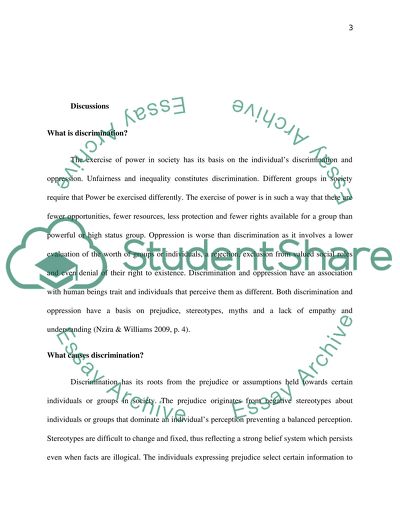Cite this document
(“Social Work, Values and Ethics: Society is Structured in Ways that Essay”, n.d.)
Social Work, Values and Ethics: Society is Structured in Ways that Essay. Retrieved from https://studentshare.org/sociology/1475470-social-work-values-and-ethics-society-is-structured-in-ways-that-result-in-certain-groups-being-privileged-over-others
Social Work, Values and Ethics: Society is Structured in Ways that Essay. Retrieved from https://studentshare.org/sociology/1475470-social-work-values-and-ethics-society-is-structured-in-ways-that-result-in-certain-groups-being-privileged-over-others
(Social Work, Values and Ethics: Society Is Structured in Ways That Essay)
Social Work, Values and Ethics: Society Is Structured in Ways That Essay. https://studentshare.org/sociology/1475470-social-work-values-and-ethics-society-is-structured-in-ways-that-result-in-certain-groups-being-privileged-over-others.
Social Work, Values and Ethics: Society Is Structured in Ways That Essay. https://studentshare.org/sociology/1475470-social-work-values-and-ethics-society-is-structured-in-ways-that-result-in-certain-groups-being-privileged-over-others.
“Social Work, Values and Ethics: Society Is Structured in Ways That Essay”, n.d. https://studentshare.org/sociology/1475470-social-work-values-and-ethics-society-is-structured-in-ways-that-result-in-certain-groups-being-privileged-over-others.


